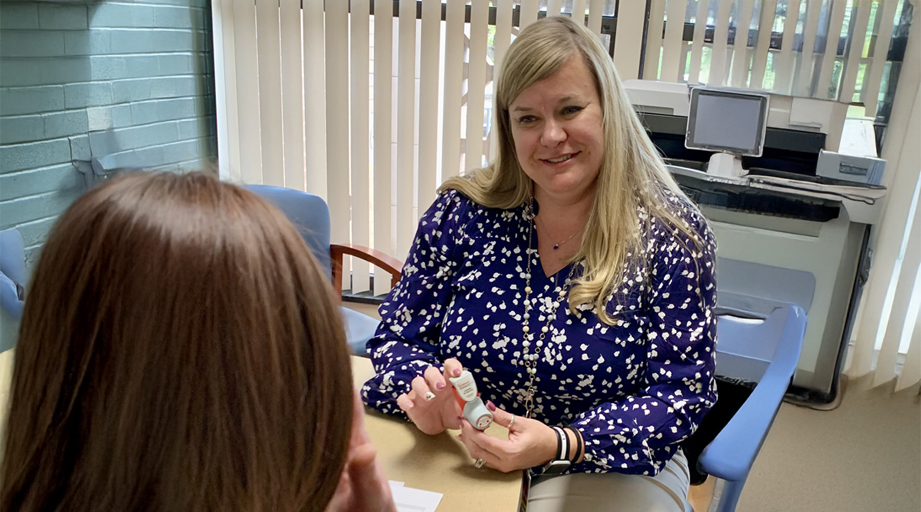
Members of ASHP's Commission on Goals met March 18 at ASHP headquarters in Bethesda, MD, to offer guidance on optimizing patient care and pharmacy practice in the evolving national and global healthcare environment.
The roster for the annual meeting featured experts in pharmacy, medicine, nursing, public health, industry, and government.
The interdisciplinary group focused on the key areas described below. Detailed proceedings from the March meeting will be published in an upcoming issue of AJHP.
Accessibility of cell and gene therapy products
Commission members discussed access and coverage hurdles faced by patients, financial and administrative challenges for health systems, and financial risks for payers.
The commission identified several potential opportunities, including:
- Explore flexible value- and incentive-based payment models that support broad access for patients and adequate reimbursement for health systems.
- Engage clinicians, nurses, and patients in education about advanced therapies and in health-system decisions about access and the infrastructure that supports the use of these products.
- Learn from health systems that are pioneering best practices in the implementation of advanced therapeutics.
Artificial intelligence (AI) and its implications for patient care and the healthcare workforce
The commission explored how health systems are using AI as a problem-solving tool to support patient care. Commission members shared insights about how their own organizations are using AI tools and developing policies to safely implement and use this technology.
Common themes that emerged from the discussion included:
- AI tools have the potential to augment team-based care and ease the strain of workforce shortages and staff burnout.
- The safe use of AI requires thoughtful pre-implementation planning and diligent post-implementation monitoring.
- The potential for biased care remains a critical concern for patients as health systems adopt AI technologies.
- Pharmacy input is essential for ensuring AI tools meet clinicians’ needs and are compatible with existing workflows and infrastructure.
The effects of changing environmental conditions on health and healthcare
Commission members shared their concerns that environmental disasters, pharmaceutical and plastic waste, and healthcare’s expanding carbon footprint are a growing threat to health and patient safety.
Potential areas for further exploration included:
- Incorporate environmental sustainability and energy requirements into decisions about pharmacy purchasing, operations, and waste management.
- Focus on appropriate deprescribing and medication management to reduce pharmaceutical waste.
- Collaborate with interprofessional partners and regulatory bodies on sustainability efforts that prioritize patient care, quality, and safety.
Cybersecurity as a patient safety concern
The commission reviewed the operational and patient care cost of cyberattacks that target healthcare organizations and the vulnerabilities that hospitals and health systems must address.
The commission acknowledged that cyberattacks are both common and harmful to patients, and solutions should focus broadly on prevention, preparedness, and recovery.
Commission members suggested several strategies to improve cybersecurity, including:
- Engage in collaborative advocacy that focuses on maintaining resilience after an attack.
- Create an environment of shared learning and transparency about the details of cyberattacks that target healthcare.
- Engage health-system vendors, staff, patients, and internal and external partners in cybersecurity efforts.
- Bolster staff training on contingency planning and continuity of operations during a cyberattack or extended power outage.
- Promote the collection and analysis of data that better capture the how cyberattacks affect financial sustainability and patient safety.
Health policy changes and commission reflections
Commission members discussed various healthcare policy priorities. The attendees identified potential new engagement opportunities in health data collection, patient education, and advocacy.
The group also discussed strategies to enhance collaboration among stakeholders; engage local, state, and federal policymakers; and communicate effectively with the public. The discussion underscored the importance of maintaining a strong healthcare system through policy engagement and collaboration.







